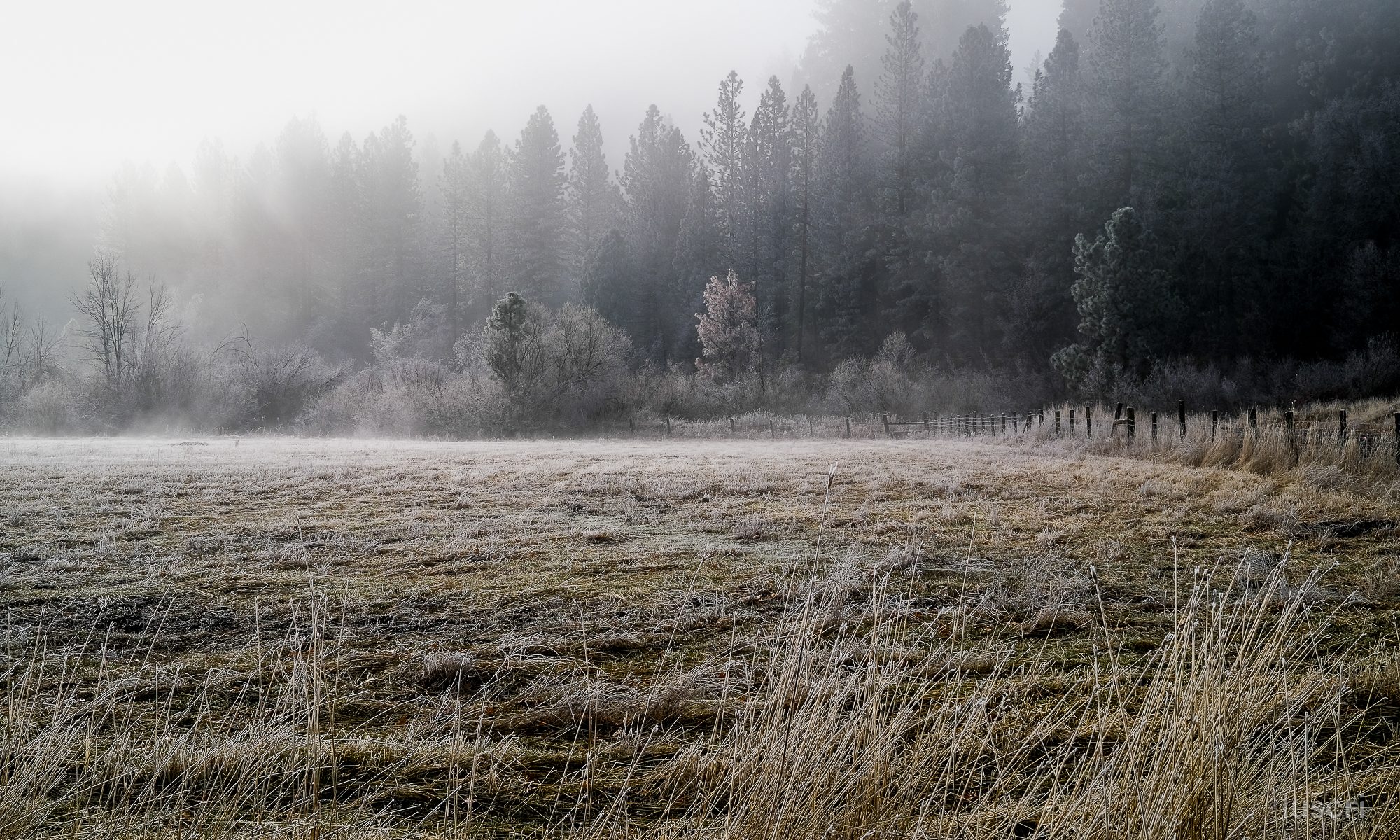My response to a New York Times December 21, 2021, article about Christian and scientist Katharine Hayhoe in the form of questions for Dr. Hayhoe:
Is it possible that many who identify as Christian aren’t followers of Christ? Could it be that they simply check a box that includes choices like Muslim, Hindu, atheist, agnostic (and others)—and evangelical? If so, why expect God to work through them? Why expect them to manifest the kinds of love by which you judge them?
Is it fair to offer only two distinctions when it comes to Christians and climate change—“climate-change skeptic” and “climate-change denier?”
Both buckets imply that a Christian who doesn’t embrace climate change—as popularly defined—is either skeptical that it exists at all or is skeptical that human activity is to blame for it.
Healthy hypotheses:
What if a Christian wonders if climate change is intrinsically natural and allows for the possibility that we may be contributing to it to a lesser degree than “climate explainers” claim?
What if a Christian doesn’t think about climate change in terms of his differences with others? What if tribalism plays little or no part in his thinking when it comes to the issue?
What if a Christian ponders the enormity of time and posits that the amount of time with which scientists are studying climate change is a tiny sliver compared to the vastness of time itself?
What if a Christian embraces the notion that to study science is to do so skeptically and that to be a scientist is to be a natural skeptic?
What if a Christian has an aptitude for critical thinking and is technically minded and prefers proving hypotheses (or reading the findings of scientists who do so) rather than simply accepting the words of climate explainers who work closely with politicians and activists?
What if a Christian trusts that God will ultimately redeem his creation and embraces her role as steward of the creation? What if she’s confident that the creation is much more resilient than climate explainers say it is? What if she wonders whether an inflated belief in our ability to irreparably damage the earth is a form of arrogance?
Science or dogma?
Should we, as critically thinking Christians, take pains to interpret scripture with contextual accuracy? As a scientist and Christian, Dr. Hayhoe, shouldn’t you be more careful about interpreting Jesus’ words to his disciples? His command for them (and for us) to love others—neighbors and enemies—is given in other conversations, not in the one you referenced (John 13:35).
What if a Christian doesn’t consider the use of fossil fuels or nuclear power an affront to God and his creation? What if he wants to transition to electric vehicles and other forms of viable alternate energy sources, but sees a rush to green energy happening before viability?
What if a Christian wonders if resistance to truth is also on the side of those who claim to understand climate change? What if climate change is cyclical and mostly naturally caused? Is the question of human causation not open to discussion?
What if a Christian sees arrogance and ignorance on both sides of the argument? What if she’s concerned for the silenced scientific voices who dare not question the explainers and powerful people who back them?
Our fallen world.
Do Christians who do not fit snugly in climate-change denier or climate-change skeptic buckets deserve a seat at the table? Do they deserve denigration as Facebook churchgoers, Fox News watchers and head-in-the-sanders?
Does science allow for honest disagreement and the possibility that so-called climate-change explainers, though intelligent and well-meaning, are simply seeking rather than dispensing truth?
As Christians and non-Christians, shouldn’t we resist labelling others and being swayed by politics while grappling with climate change?
As Christians, why would we doubt God when we see people treating others in less than loving ways? Did Jesus not tell us this would happen? Do we not live in a broken and fallen world? Is there not an adversary prowling like a lion seeking to devour us and others with deception and hatred?
Shouldn’t we as Christians view God by what he says about himself? Shouldn’t we trust him by how he works in our lives? Shouldn’t we love him because he first loved us through his son, Jesus? How can we expect Christians or those who identify as such to be barometers of God’s efficacy or trustworthiness?
How can we claim to embrace scientific truth without embracing the essence of science—healthy skepticism and the humility to admit that we simply don’t yet know enough about climate change—or our broken world?
